Description
The Horizons 3rd Grade Health Set from Alpha Omega Publications delivers a complete health education foundation that aligns perfectly with Christian family values while meeting essential academic standards. This carefully crafted curriculum addresses the unique needs of homeschooling families who want to teach health concepts from a biblical worldview, covering everything from basic hygiene and nutrition to character development and emotional wellness.
Unlike secular health programs, this curriculum integrates Scripture naturally throughout the lessons, helping children understand that caring for their bodies is an act of stewardship and obedience to God. The comprehensive approach addresses not just physical health, but also mental, emotional, social, and spiritual well-being, providing homeschooling parents with a holistic framework for raising healthy, well-rounded children.
Proven Spiral Learning Method for Lasting Retention
The Horizons curriculum employs a distinctive spiral learning approach that introduces concepts, reviews them regularly, and reinforces understanding through varied activities. This method proves particularly effective for third-grade students who are developing critical thinking skills and building long-term knowledge retention. Rather than teaching health topics once and moving on, the spiral approach ensures concepts are revisited and strengthened throughout the year.
This learning methodology works exceptionally well in homeschool environments where parents can adapt the pace to their child’s individual needs. Fast learners can accelerate through familiar concepts while spending more time on challenging areas, while students who need additional support benefit from the built-in review and reinforcement cycles.
Flexible Implementation for Diverse Homeschool Approaches
The curriculum’s modular design allows remarkable flexibility in implementation, making it suitable for various homeschooling philosophies and schedules. Units can be taught in any order, enabling parents to align health education with seasonal activities, family circumstances, or integrated unit studies. For instance, families might choose to teach nutrition units during garden planning season or safety lessons before summer activities.
Traditional homeschoolers appreciate the structured lesson plans and clear learning objectives, while unschoolers can use the materials as reference resources for child-led health inquiries. Charlotte Mason educators will find the rich literature connections and real-world applications align well with living books approaches, while classical homeschoolers can incorporate the logical progression of health concepts into their trivium framework.
Comprehensive Coverage of Essential Health Topics
Foundational Health Knowledge
The curriculum covers eleven major health education strands that provide a complete foundation for lifelong healthy living. Students explore human body systems through age-appropriate activities that demystify anatomy while building appreciation for God’s design. Growth and development lessons help children understand physical changes while addressing emotional and social development within a Christian framework.
Practical Life Skills
Nutrition education goes beyond basic food groups to include meal planning, reading nutrition labels, and understanding how food choices affect energy levels and mood. Safety and first aid instruction provides practical skills children can use immediately, from basic wound care to emergency procedures, building confidence and responsibility.
Character and Social Development
Personal health lessons encompass hygiene habits, sleep patterns, and exercise routines while connecting these practices to biblical principles of self-discipline and stewardship. Social health components address friendship, communication, and conflict resolution from a Christian perspective, helping children develop godly character traits alongside healthy relationships.
Rich Learning Resources for Multi-Sensory Education
Teacher’s Guide: Your Complete Instruction Manual
The comprehensive Teacher’s Guide eliminates guesswork with detailed lesson plans that include learning objectives, background information, discussion questions, and suggested activities. Each lesson provides vocabulary terms, material lists, and preparation instructions, making it easy for parents with varying teaching experience to deliver effective health education.
The guide includes valuable resources like scope and sequence charts, assessment rubrics, and extension activities for advanced learners or large families with multiple grade levels. Parents particularly appreciate the suggested dialogue and discussion prompts that help facilitate meaningful conversations about health topics.
Student Workbook: Hands-On Learning Adventures
The colorful Student Workbook contains over 30 engaging activities designed to reinforce key concepts through visual, kinesthetic, and creative learning experiences. Drawing exercises help students visualize body systems, while puzzles and matching activities make learning memorable and fun. The perforated pages allow for easy removal and display of completed work, building student pride and portfolio documentation.
Activities range from simple coloring and labeling exercises to more complex problem-solving scenarios that encourage critical thinking. Students might create their own healthy meal plans, design safety posters for younger siblings, or chart their own health habits, making learning personally relevant and practical.
Student Book: Extended Learning and Enrichment
The supplemental Student Book provides additional reading material, background information, and enrichment activities that deepen understanding and encourage independent learning. Full-color photographs and illustrations support visual learners while poems and stories add literary richness to health education.
Review questions throughout the book help parents assess comprehension while encouraging students to think critically about health choices and their consequences. The additional readings provide perfect opportunities for students who enjoy extended learning or for families who want to pursue health topics in greater depth.
Adaptable Scheduling for Real Life
Designed for two to three days per week, the curriculum respects the reality of homeschool life where schedules must accommodate field trips, family events, and varying energy levels. This flexibility proves invaluable for families with multiple children, working parents, or those dealing with chronic illness or special circumstances.
Lessons can be shortened for younger students or extended for those who want deeper exploration. Some families prefer intensive health weeks where they focus exclusively on health topics, while others integrate health lessons throughout their regular schedule. The curriculum adapts seamlessly to both approaches.
Integration Opportunities Across Subject Areas
Health education naturally connects with multiple subject areas, and the Horizons curriculum provides numerous opportunities for cross-curricular learning. Science connections abound in body systems and nutrition units, while math skills develop through measuring ingredients, calculating exercise heart rates, or graphing health habits.
Language arts integration occurs through health-related reading passages, vocabulary development, and written reflections on health topics. Geography connections emerge when studying nutrition from different cultures or examining health practices worldwide. History lessons can incorporate how health understanding has evolved or examine health challenges in different time periods.
Building Lifelong Healthy Habits
Beyond academic knowledge, this curriculum focuses on habit formation that will serve children throughout their lives. Students learn to evaluate health information critically, make wise choices about food and exercise, and understand the connection between physical health and spiritual well-being.
The biblical foundation helps children understand that healthy choices honor God and enable them to serve others more effectively. This perspective transforms health education from rules to follow into principles to embrace, creating intrinsic motivation for healthy living.
Perfect for Various Learning Styles
Visual learners thrive with the colorful illustrations, charts, and diagrams throughout the materials. Auditory learners benefit from discussion questions, suggested read-alouds, and opportunities to explain concepts to family members. Kinesthetic learners engage through hands-on activities, experiments, and movement exercises included in many lessons.
The variety of activity types ensures that all children can access health concepts through their preferred learning modalities while also developing skills in other areas. This multi-sensory approach proves particularly valuable for children with learning differences or attention challenges.
Assessment and Documentation Made Simple
The curriculum provides multiple assessment opportunities that help parents track progress without creating unnecessary stress. Review questions, activity completion, and informal discussions provide ongoing feedback about student understanding. The structured lesson format creates natural documentation for portfolio requirements or progress reports.
Parents can easily adapt assessment methods to match their family’s approach, from formal testing to narrative evaluations to photo documentation of hands-on activities. The clear learning objectives make it simple to align with state standards or demonstrate educational progress to oversight authorities.
Educational Attributes:
- Grade Level: 3rd Grade
- Subject: Health Education
- Educational Approach: Christian/Biblical Worldview
- Curriculum Type: Traditional/Structured with flexibility
- Learning Style: Multi-sensory (Visual, Auditory, Kinesthetic)
Practical Attributes:
- Lesson Count: 55 step-by-step lessons
- Estimated Completion Time: Full school year (2-3 days per week)
- Answer Key Included: Yes (in Teacher’s Guide)
- Reproducible: No (consumable workbook)
Content/Scope Attributes:
- Topics Covered: 11 major health education strands including Growth and Development, Disease Prevention, Substance Use and Abuse, Nutrition, Emotional and Mental Health, Personal Health, Family Life and Human Sexuality, Consumer Health, Social Health, Safety and First Aid, and Community Health
- Real-world Applications: Meal planning, first aid skills, safety procedures, hygiene habits, exercise routines
Format/Usability Attributes:
- Format: Print curriculum with Teacher’s Guide, Student Workbook, and Student Book
- Activity Count: 30+ hands-on activities in Student Workbook
Special Features:
- Spiral learning method for enhanced retention
- Scripture integration throughout lessons
- Flexible unit sequencing
- Full-color illustrations and photographs
- Perforated workbook pages
- Cross-curricular connections
- Age-appropriate sensitive topic handling
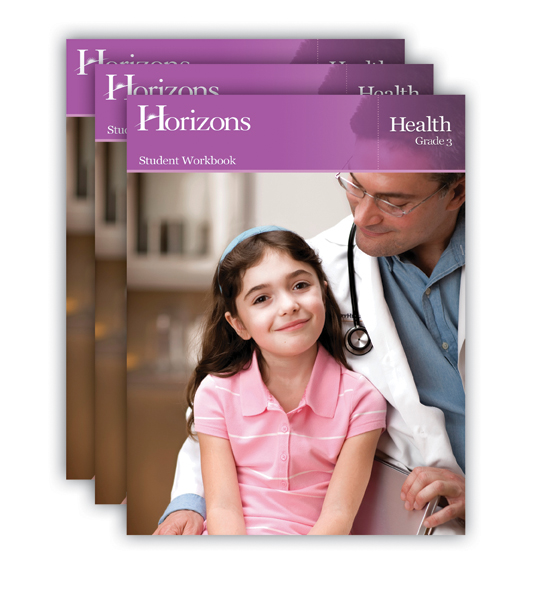
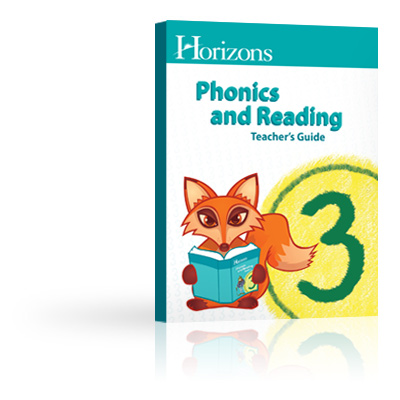
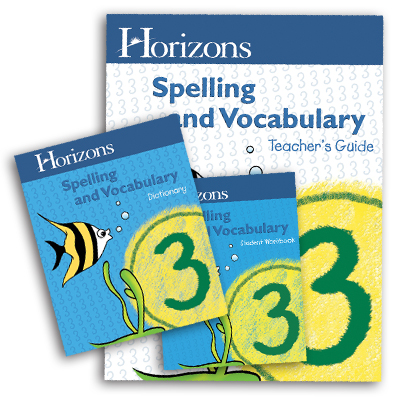
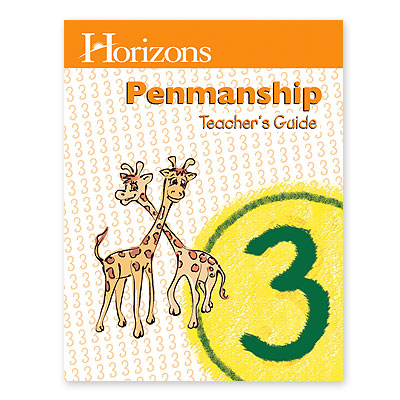
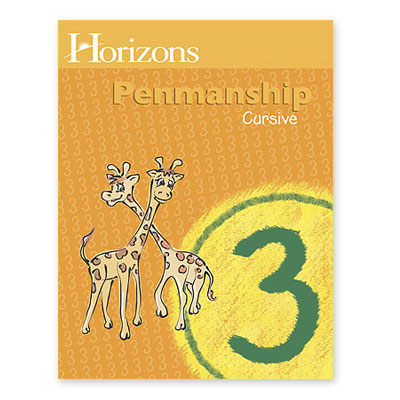
Reviews
There are no reviews yet.